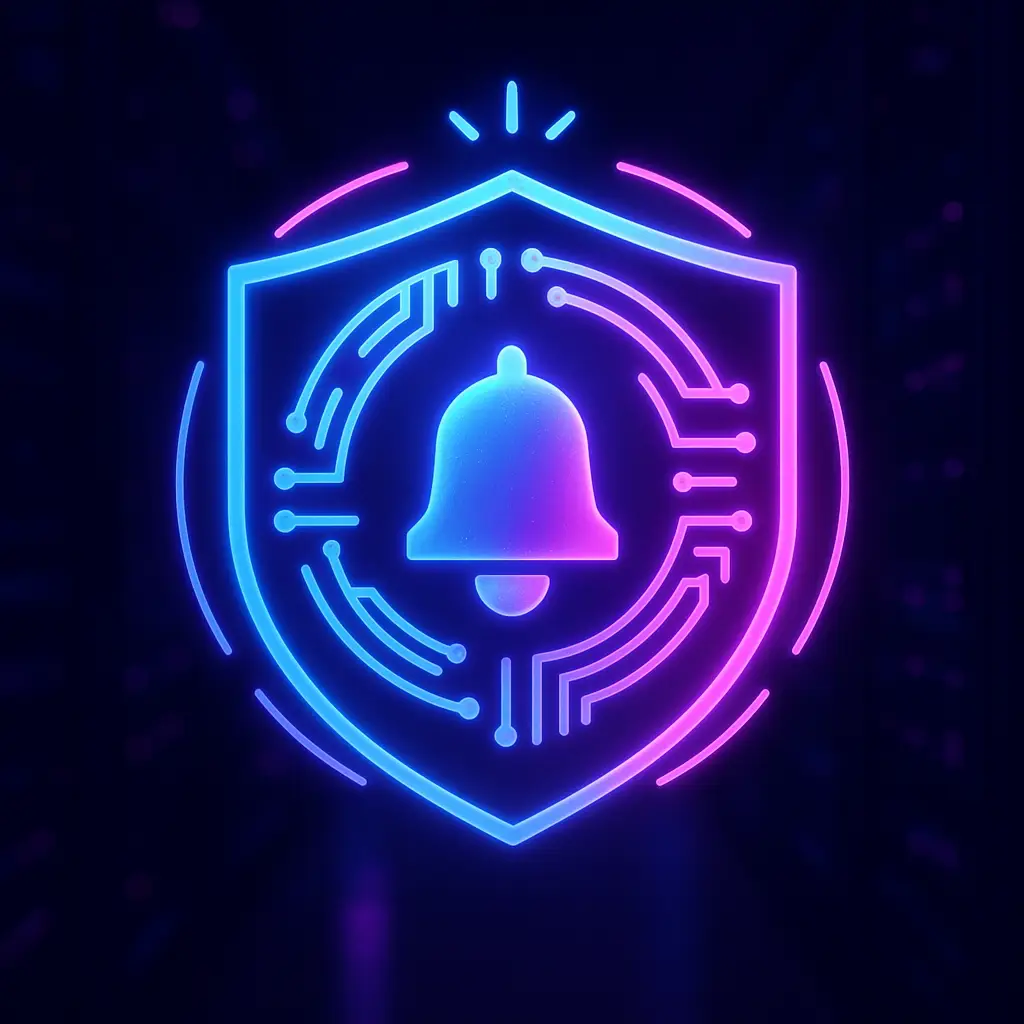They Didn’t Break In. They Just Logged In.
The problem isn’t new malware. It’s missed visibility.
Every business we’ve onboarded thought they were fine - until something odd happened. A credential reuse. A RDP port exposed for convenience. A scan that wasn’t patched for three months. Not because they were careless. Because no one was watching the outside properly. Because no one had the time to act on logs.
Police CyberAlarm closes that gap
External scanning. Traffic monitoring. National intelligence. Free.
Police CyberAlarm is a UK government-backed tool that watches hostile traffic aimed at your firewall and scans your public‑facing services for known weaknesses. It’s non-invasive, payload-free, and costs nothing to join. But it only works if you actually use what it shows you. That’s where most teams fall short - and where we step in.
You don’t need another dashboard. You need decisions.
That’s why we don’t resell tools. We translate them.
We host and configure Police CyberAlarm for your business, wire it to your firewall logs via syslog over TLS, and schedule external vulnerability scans of your public IPs and domains. Then we take the output - raw logs, signal, and threat patterns - and convert it into one page of human-readable actions each month. No jargon. No paralysis. Just clarity.
It’s the things that didn’t happen that matter most
“We weren’t breached” isn’t luck. It’s consequence.
Our clients didn’t get lucky. They got warned. They closed a port that was being repeatedly scanned. They patched a vulnerability that showed up in a monthly scan. They saw a repeated connection attempt on a port that should never have been exposed - and they shut it down. Those things didn’t make headlines. But they prevented them.
You already have the ingredients. They just aren’t connected.
Firewall logs, scanners, backups - all useful. None joined up.
We see it often: good tools, poorly tied together. Logs no one checks. Scans no one triages. Backups not tested. The breach doesn't come from a lack of investment. It comes from the assumption that someone else was watching. Police CyberAlarm gives you the outside-in view. We give you the human-led plan to act on it.
Don’t overthink it. Ask for a sample brief.
If it’s useful, we’ll do the same for you.
This isn’t a sales call. You ask, we send a redacted brief. If it reads like the missing clarity you’ve been waiting for, we’ll take care of the rest - hosting, scanning, triage, and fixes. If not, you’ve still learned something about how your edge is seen from the outside.
What we do, exactly
Step-by-step, quietly deployed, fully managed
- Host the PCA collector (or assist you in doing so)
- Wire in your firewall logs over encrypted syslog
- Schedule and manage external vulnerability scans
- Deliver monthly action briefs: ranked, verified, and written for humans
- Show risk decreasing over time, not just alerts increasing
Proof. Not portal fatigue.
You don’t need to log into anything. You just need to know what to fix.
Business' who use this service don’t get better at cybersecurity by accident. They make smaller, clearer changes that remove known exposures. One client closed off RDP after PCA showed brute force attempts. Another patched a public-facing FTP stack three days before CISA added it to KEV. These aren’t dramatic stories. They’re recovery stories that never had to happen.
Sleep comes from coverage, not confidence.
The biggest difference between “we think we’re covered” and “we are” is evidence.
We’ll show you what’s targeting your infrastructure. We’ll show you how to fix what matters. We’ll tie that back to your backup posture so that if something gets through - you’re recovering from clean ground. That’s what coverage means.
What happens if you do nothing?
You stay visible. You stay vulnerable. And no one tells you.
Police CyberAlarm is free. Our wrap isn’t. But the cost of not acting on it is higher - not just in breach terms, but in lost time, overconfidence, and post-event rework. Most teams we meet wish they had visibility earlier. You can have it now. Quietly.

